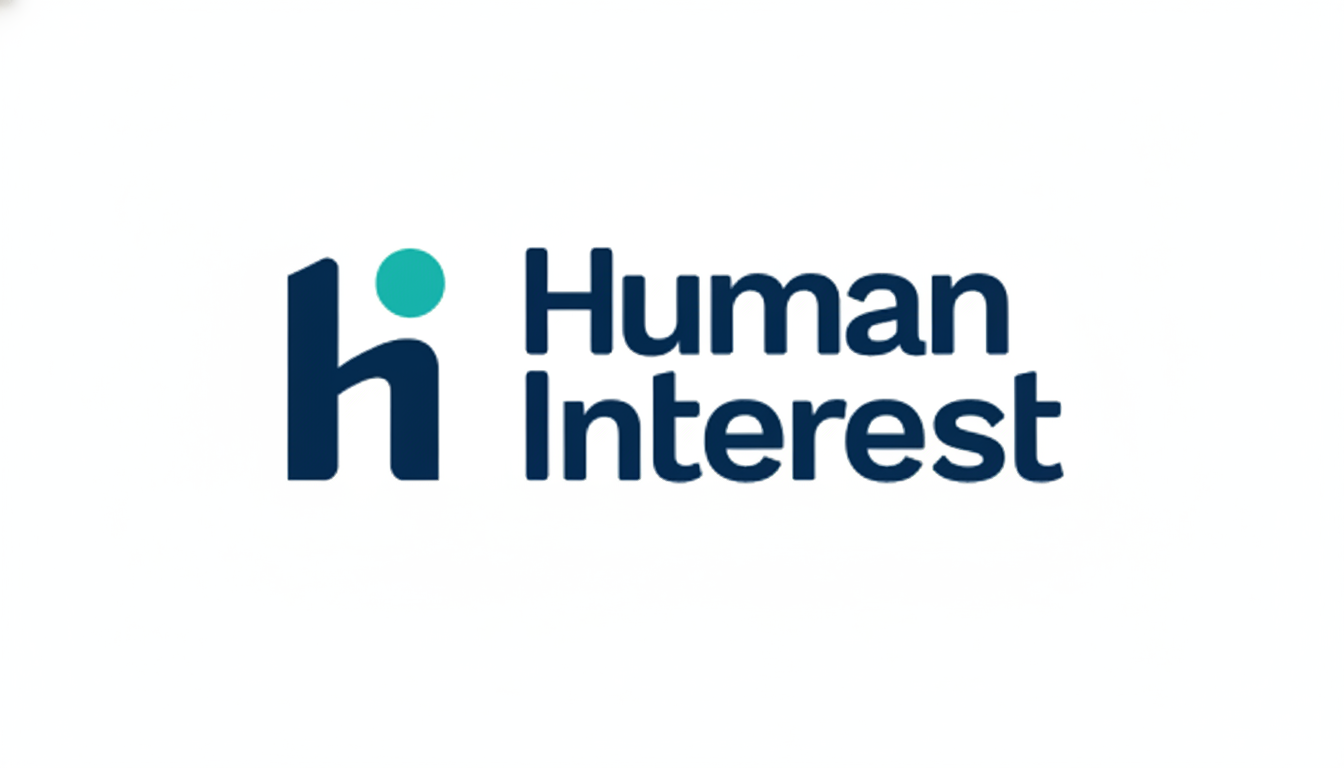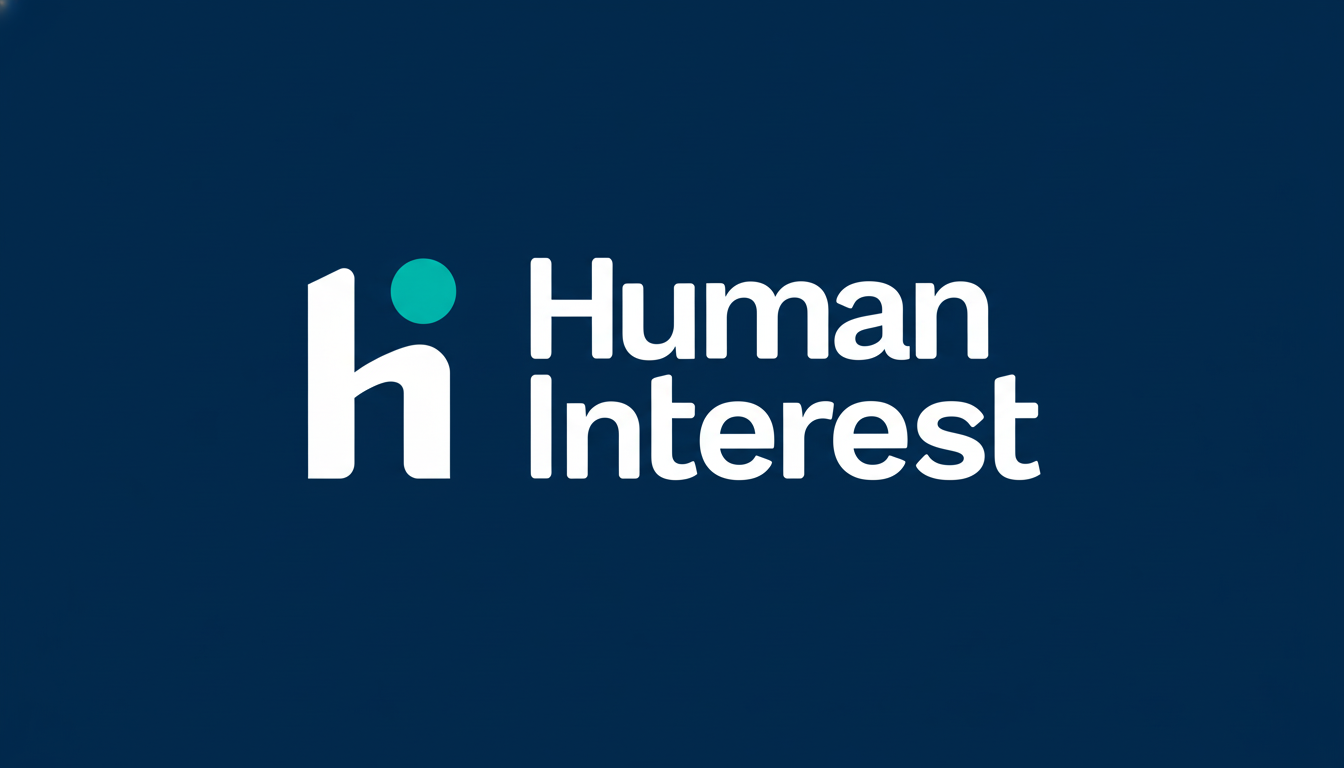New accusations of corporate espionage are surfacing in the retirement-tech industry with Human Interest now accusing rival Guideline in federal court of running a surreptitious effort to siphon proprietary sales intelligence. The allegations place two of the most highly valued 401(k) administration startups squarely in the spotlight and add new questions about data security and sales practices inside fintech companies that handle millions of Americans’ retirement savings.
Two junior sales workers at the company fed Human Interest proprietary information after they had been hired by a competitor, Guideline, even though they were still being paid by Human Interest, and collaborated with a third brother who worked there, according to the complaint filed in Utah federal court by Human Interest. Internal messages referred to in the suit depicted a brazen strategy to undercut Human Interest’s pipeline and tactics, including boasting about how simple it would be to destroy a rival’s go-to-market playbook.

Coordinated Data Pipeline Outlined in Accusations
The complaint outlines what it says was a months-long campaign to extract what Human Interest called “crown jewel” sales metrics like total inbound lead flow, partnership opportunities, and internal strategy documents. One of the workers reportedly alluded to former co-workers for screenshots of live pipeline dashboards and emailed files to personal accounts in a bid to skirt corporate oversight, according to the filing. Human Interest says the point was simple: to provide a competitor with on-the-fly intelligence about where to hit the hardest, and which opportunities to act on first.
Human Interest goes on to say the flow of that information was sent up the chain to Guideline’s leadership, including chief executive Kevin Busque and chief financial officer Steven Wu, with explicit messages indicating senior sales leadership was in the loop and approving.
Guideline has fired back, with a spokesman and a company spokesperson calling the claims in the lawsuit false, saying they will fight them strenuously in court.
Why 401(k) Admin Data Is a Strategic Target
Small and midsized business (SMB) 401(k) lead flow is not just a list of names; it outlines the competitive battlefield. Distribution in this arena is usually done through payroll integrations and advisor networks, where timing and ally alignment can make or break a win rate. Information about which employers are in-market, which brokers are active, and the speed with which a competitor is converting can shrink sales cycles and cut out pricing before anyone’s even signed anything.
The dollars in question are significant. According to the Investment Company Institute, U.S. 401(k) assets are currently in the trillions of dollars and defined contribution plans constitute approximately a fourth of all retirement assets. Even simple SMB plans can produce up-and-right recurring administration and recordkeeping revenue per participant over several years. In that environment, a small but continuous informational advantage — especially around live pipeline or partner-originated leads — can accumulate into significant market-share profit.

Stakes High for Two Unicorns in 401(k) Administration
Both companies have raised a lot of money and have unicorn valuations. Human Interest has raised over $700 million and is valued at roughly $1.4 billion by investors such as SoftBank, Baillie Gifford, and TPG. Guideline has raised approximately $340 million and was last valued at nearly $1.2 billion, backed by General Atlantic and Felicis. Beyond damage to reputation, the risk exposure comprises potential claims for trade secrets, as well as breach of duty and computer misuse legislation, and the possibility of injunctive relief that could halt sales operations.
The regulatory lens matters, too. Providers that cater to ERISA plans must have strong controls around participant and employer data. Although the lawsuit at issue is about competitive intelligence rather than participant records, any ruling that internal safeguards were easily circumvented could bring closer scrutiny from compliance teams and possibly regulators and plan sponsors concerned about vendor risk.
Another Front Opens in the Escalating HR Software Wars
The battle lands as HR and payroll software companies wage a rash of high-profile legal fights. A separate lawsuit between Rippling and Deel has already dragged alleged moles, data theft accusations, and racketeering allegations into the open, a reminder of how furiously startups are fighting over distribution in fintech and HR infrastructure. Billions of dollars have flowed into employer-facing platforms in recent years, and with growth targets remaining lofty, the incentives to find an edge can be fierce — and occasionally reckless.
What to Look for in Court as the Case Advances
Axios first brought this latest case to light, which is likely to become one of digital forensics: email headers, device logs, Slack exports, and CRM access trails that would either support or invalidate the narrative presented in the complaint. Initial hearings might deal with preservation orders and any request for a preliminary injunction to keep defendants from contacting particular prospects or partners. Discovery could also reveal how far information purportedly circulated within Guideline and whether any of the data influenced pricing or go-to-market decisions.
These are just allegations for the time being, and Guideline is fighting them. But the nature of the allegations — real-time targeting of a competitor’s pipeline — gets to the core of how modern 401(k) administrators do business. Valuations are at stake, and plan sponsors are watching closely, as this battle between two high-flying startups threatens not just to upend the companies’ founding missions but also to upend the model of governance in a field that is supposed to protect the retirement futures of workers.

